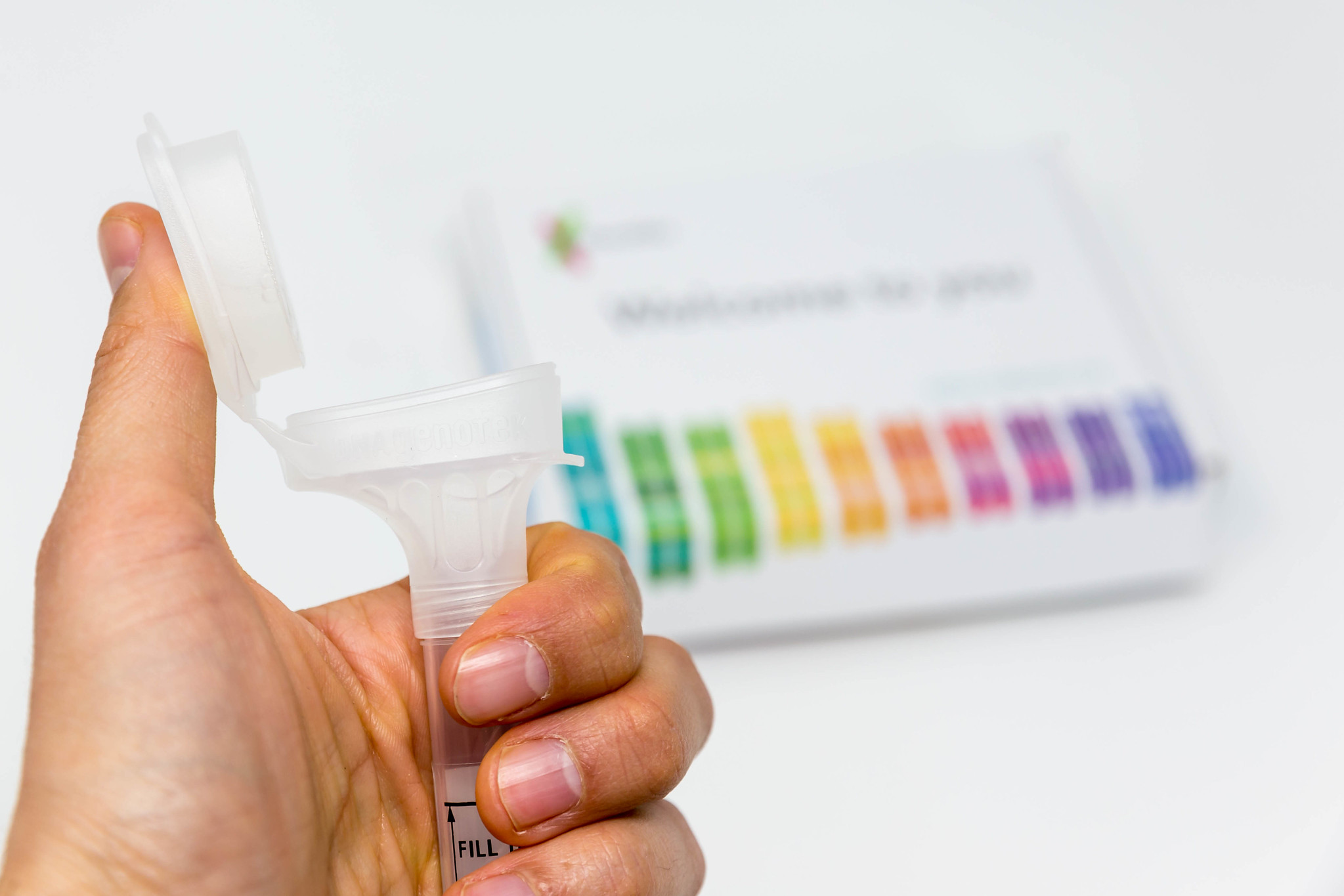As governments grapple with challenging questions about when and how to relax the current Coronavirus restrictions and give the green light to re-opening businesses, schools, and community spaces, there has been increasing emphasis on the potential for technology to assist with critical activities such as contact tracing. Canada has moved more cautiously on this issue, but the introduction of contact tracing apps seem likely. What will the apps look like and what legal framework is needed to safeguard a myriad of privacy and civil liberties concerns?
Lilian Edwards is a law professor at Newcastle University where she is the Professor of Law, Innovation and Society. She has been leading a fascinating project that seeks to address the legal concerns that might arise from contact tracing apps with a model bill that could be used to establish safeguards and other legal limits. She joined me on the podcast to talk about the latest developments on contact tracing apps, the growing schism between countries, and the legal rules that could address some of the public concerns.
The podcast can be downloaded here and is embedded below. Subscribe to the podcast via Apple Podcast, Google Play, Spotify or the RSS feed. Updates on the podcast on Twitter at @Lawbytespod.
Credits:
CBC News, How Your Phone Could Play a Role in Coronavirus Contact Tracing

New legislation making its way through the U.S. Congress has placed a TikTok ban back on the public agenda. The bill – which would...

For the better part of two decades, Canadian cultural groups have been pressing Canada’s telecom and broadcast regulator, the CRTC, to regulate and tax...

As the broad availability of genetic testing has mushroomed over the past two decades, privacy and potential discrimination concerns associated with testing results has...